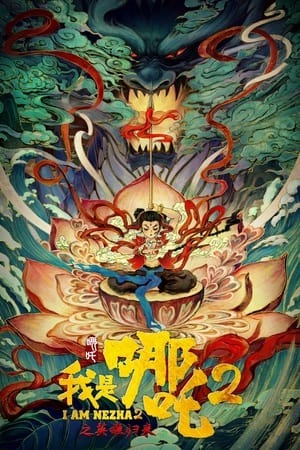

Hinemoa(1914)
The film told the Māori legend of Hinemoa and Tutanekai. It is the first dramatic feature film produced in New Zealand.
Movie: Hinemoa
Top 4 Billed Cast
Hinemoa
Tutanekai
Tiki
Ngararanui

Hinemoa
HomePage
Overview
The film told the Māori legend of Hinemoa and Tutanekai. It is the first dramatic feature film produced in New Zealand.
Release Date
1914-08-16
Average
0
Rating:
0.0 startsTagline
Genres
Languages:
EnglishKeywords
Similar Movies
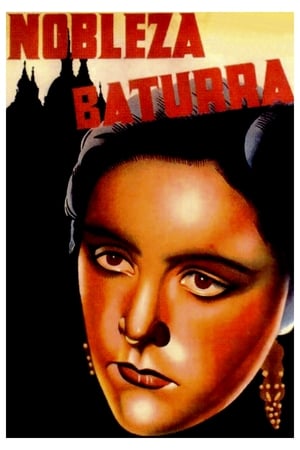 6.6
6.6Nobleza baturra(es)
Aragón, Spain, early 20th century. María del Pilar is a honest girl whose good name is dirtied when an old suitor seeking revenge accuses her of losing her virginity outside of marriage. The scandal soon spreads throughout the countryside.
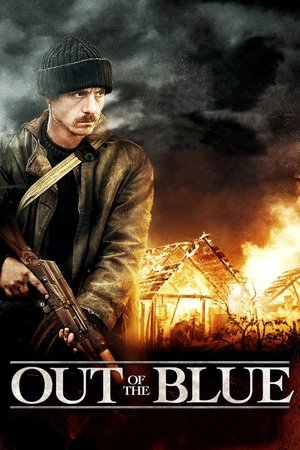 6.5
6.5Out of the Blue(en)
Ordinary people find extraordinary courage in the face of madness. On 13–14 November 1990 that madness came to Aramoana, a small New Zealand seaside town, in the form of a lone gunman with a high-powered semi-automatic rifle. As he stalked his victims the terrified and confused residents were trapped for 24 hours while a handful of under-resourced and under-armed local policemen risked their lives trying to find him and save the survivors. Based on true events.
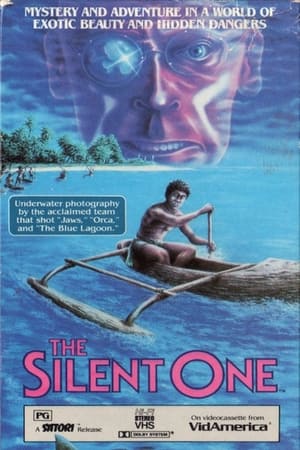 4.7
4.7The Silent One(en)
A baby is washed up on a Pacific Island and is adopted by a childless woman. The tribal priest takes an instant dislike to the child, proclaiming him a demon. The child is deaf and mute and therefore excluded from hunting with the other young men. Out of loneliness, he befriends a white turtle. When a drought befalls the island, the priest blames the silent one. When the chief protects the boy, the priest plots the chiefs' downfall.
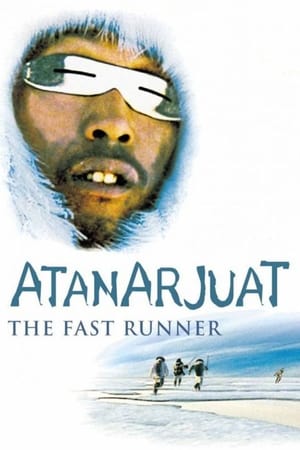 7.0
7.0Atanarjuat: The Fast Runner(iu)
Based on a local legend and set in an unknown era, it deals with universal themes of love, possessiveness, family, jealousy and power. Beautifully shot, and acted by Inuit people, it portrays a time when people fought duels by taking turns to punch each other until one was unconscious, made love on the way to the caribou hunt, ate walrus meat and lit their igloos with seal-oil lamps.
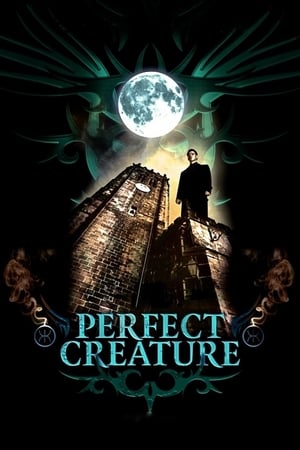 5.3
5.3Perfect Creature(en)
The vampire myth is given a stylish 1960s treatment, where a human cop partners with a vampire cop to stop a vamp bent on creating a war between the two "separate but equal" races.
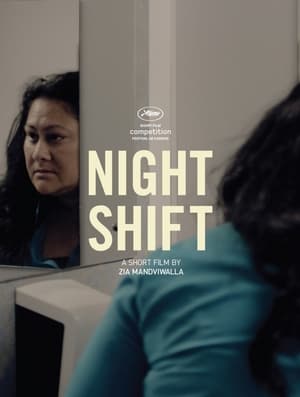 8.0
8.0Night Shift(en)
Follows a cleaning lady going through an overnight shift at an airport. Her actions throughout may seem selfish and heartless but they all become incredibly understandable at the end.
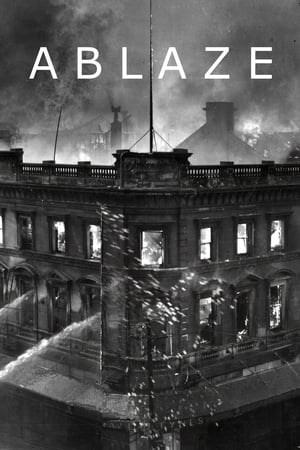 0.0
0.0Ablaze(en)
In November 1947 forty-one people died in a massive blaze that gutted the huge Ballantynes Department Store complex in the heart of Christchurch’s business district. This is the tragic story of New Zealand’s worst fire disaster.
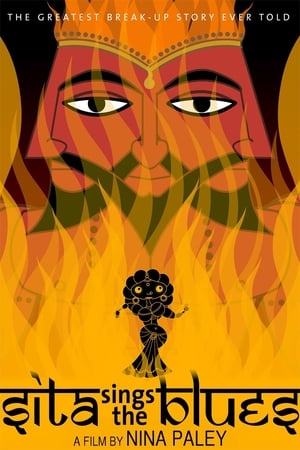 7.0
7.0Sita Sings the Blues(en)
Utilizing the 1920s jazz vocals of Annette Hanshaw, the epic Indian tale of exiled prince Ramayana and his bride Sita is mirrored by a spurned woman's contemporary personal life, and light-hearted but knowledgeable discussion of historical background by a trio of Indian shadow puppets.
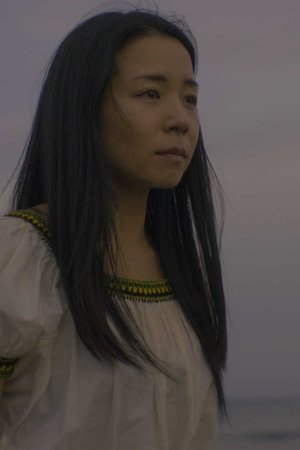 0.0
0.0Kāinga(en)
Eight Pan-Asian female filmmakers’ powerful anthology film illuminates the immigrant experience in Aotearoa New Zealand through the lives of eight Asian women connected by the house they call home.
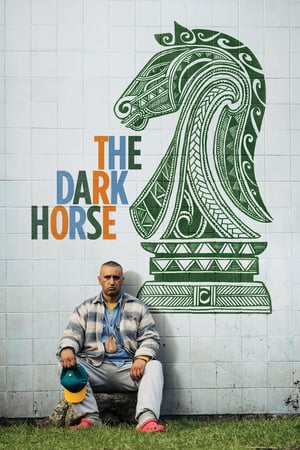 6.3
6.3The Dark Horse(en)
One-time Maori speed-chess champ, Genesis Potini, lives with a bi-polar disorder and must overcome prejudice and violence in the battle to save his struggling chess club, his family and ultimately, himself.
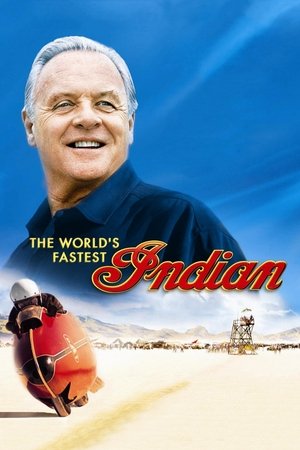 7.7
7.7The World's Fastest Indian(en)
The life story of New Zealander Burt Munro, who spent years building a 1920 Indian motorcycle—a bike which helped him set the land-speed world record at Utah's Bonneville Salt Flats in 1967.
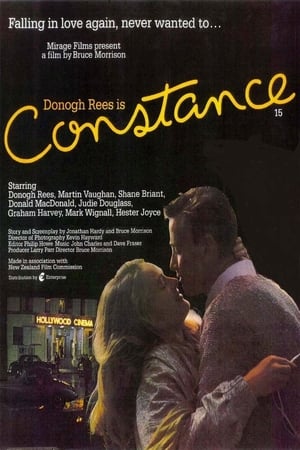 6.0
6.0Constance(en)
Constance is a bored, movie-loving schoolteacher in post-WW2 New Zealand who begins to fantasize that she's a Hollywood star - with tragic consequences.
The Christmas Witch Trial of La Befana(en)
A group of children kidnap the legendary Christmas Witch, and put her on trial as a means of banishing her annual judgments.
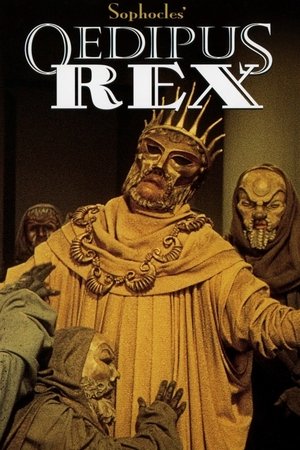 6.3
6.3Oedipus Rex(en)
The story of Oedipus' gradual discovery of his primal crime, killing his father and marrying his mother, filmed by the famed British theatrical director Sir Tyrone Guthrie. This elegant version of Sophocles' play adds a brilliant stroke: the actors wear masks just as the Greeks did in the playwright's day.
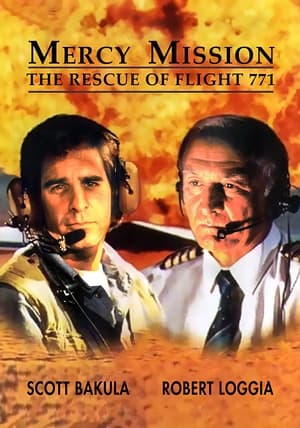 3.6
3.6Mercy Mission: The Rescue of Flight 771(en)
Lost somewhere over the Pacific in a single-engine Cessna with low fuel, a pilot (Scott Bakula) awaits rescue.
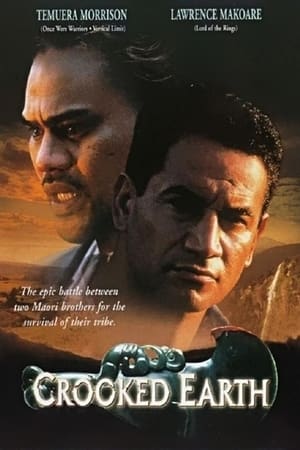 6.2
6.2Crooked Earth(en)
Will Bastion returns home from the army after an absence of 20 years to bury his father, the former chief of thee Maori tribe, Ngati Kaipuku. The eldest son, he is reluctant to inherit his fathers role, so it is taken more willingly by his younger brother, Kahu. Kahu is the leader of a band of drug dealers and trouble-makers who ride horses through the middle of town, wrecking peoples gardens. Under the guise of refusal of a land settlement, Kahu makes a large marijuana deal with some murdering city folk. Will must choose between loyalty for his brother and his father, Maori tradition, and contemporary financial issues.
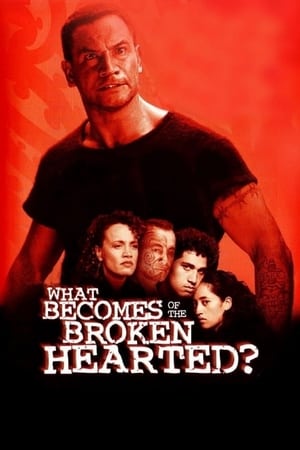 6.6
6.6What Becomes of the Broken Hearted?(en)
Five years have passed and Jake has turned his back on his family. He's still up to his usual tricks in McClutchy's Bar, unaware, as he downs his latest opponent, that his eldest son, Nig, has died in a gang fight. The uncomfortable family reunion at Nig's funeral sparks a confrontation with second son, Sonny, and sets Jake and Sonny on a downward spiral.
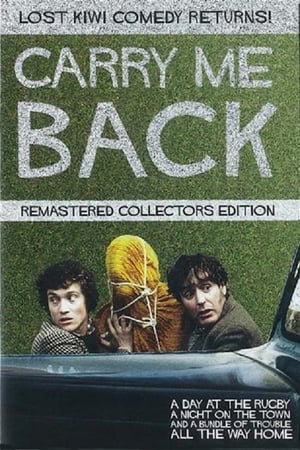 6.5
6.5Carry Me Back(en)
Two brothers take their father into the city for the weekend for a rugby game and a night on the town. However, the old man dies in their hotel and the boys need to smuggle his body back to their farm and make it appear that he died there to satisfy a clause in his will or else they won't inherit the property.
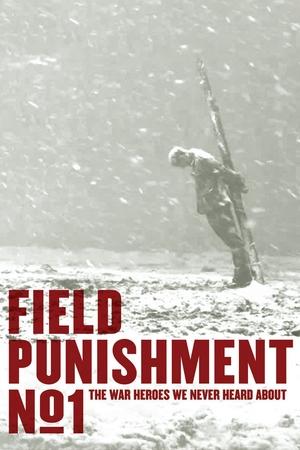 8.0
8.0Field Punishment No.1(en)
In 1916, the New Zealand Government secretly shipped 14 of the country's most outspoken conscientious objectors to the Western Front in an attempt to convert, silence, or quite possibly kill them. This is their story.
